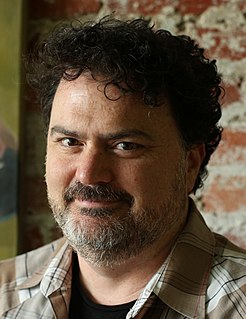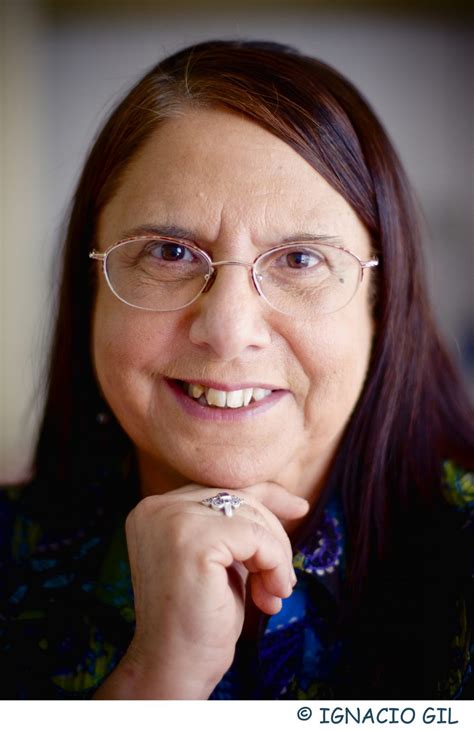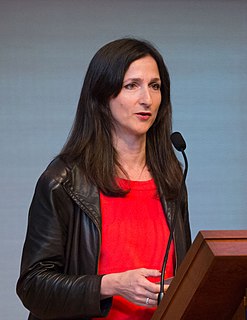A Quote by Tim Schafer
A huge part of what a kid learns when they're growing up is social and emotional development. As adults, we take it for granted that other people have emotions that are different from ours, and we can identify what they are, but those are skills that children have to learn.
Related Quotes
Emotional intelligence in the work that we do, in the Resolving Conflict Creatively Program, is about equipping young people with the kinds of skills they need to both identify and manage their emotions, to communicate those emotions effectively, and to resolve conflict nonviolently. So it's a whole set of skills and competencies that, for us, fall under the umbrella of emotional intelligence.
Although adults have a role to play in teaching social skills to children, it is often best that they play it unobtrusively. In particular, adults must guard against embarrassing unskilled children by correcting them too publicly and against labeling children as shy in ways that may lead the children to see themselves in just that way.
Children learn what they live.
If a child lives with criticism... he learns to condemn.
If he lives with hostility... he learns to fight.
If he lives with ridicule... he learns to be shy.
If he lives with shame... he learns to be guilty.
If he lives with tolerance... he learns confidence.
If he lives with praise... he learns to appreciate.
If he lives with fairness... he learns about justice
I believe that a writer learns from every story he writes, and when you try different things, you learn different lessons. Working with other writers, as in Hollywood or in a shared world series, will also strengthen your skills, by exposing you to new ways of seeing the work, and different approaches to certain creative challenges.
I don't think discovery of a new planet has a huge meaning for children now, but what it means is the world they're growing up in is very different from children of previous generations. We had Star Trek, Star Wars and Futurama - and we still do - but for children today, they will grow up in a world where other stars were known.
The new concept of the child as equal and the new integration of children into adult life has helped bring about a gradual but certain erosion of these boundaries that once separated the world of children from the word of adults, boundaries that allowed adults to treat children differently than they treated other adults because they understood that children are different.
Children model the behavior of adults, on whatever scale is available to them. Ours are growing up in a nation whose most important, influential men - from presidents to the coolest film characters - solve problems by killing people. ... We have taught our children in a thousand ways, sometimes with flag-waving and sometimes with a laugh track, that the bad guy deserves to die.
In undeveloped social groups, we find very little formal teaching and training. Savage groups mainly rely for instilling needed dispositions into the young upon the same sort of association which keeps adults loyal to their group. They have no special devices, material, or institutions for teaching save in connection with initiation ceremonies by which the youth are inducted into full social membership. For the most part, they depend upon children learning the customs of the adults, acquiring their emotional set and stock of ideas, by sharing in what the elders are doing.



































